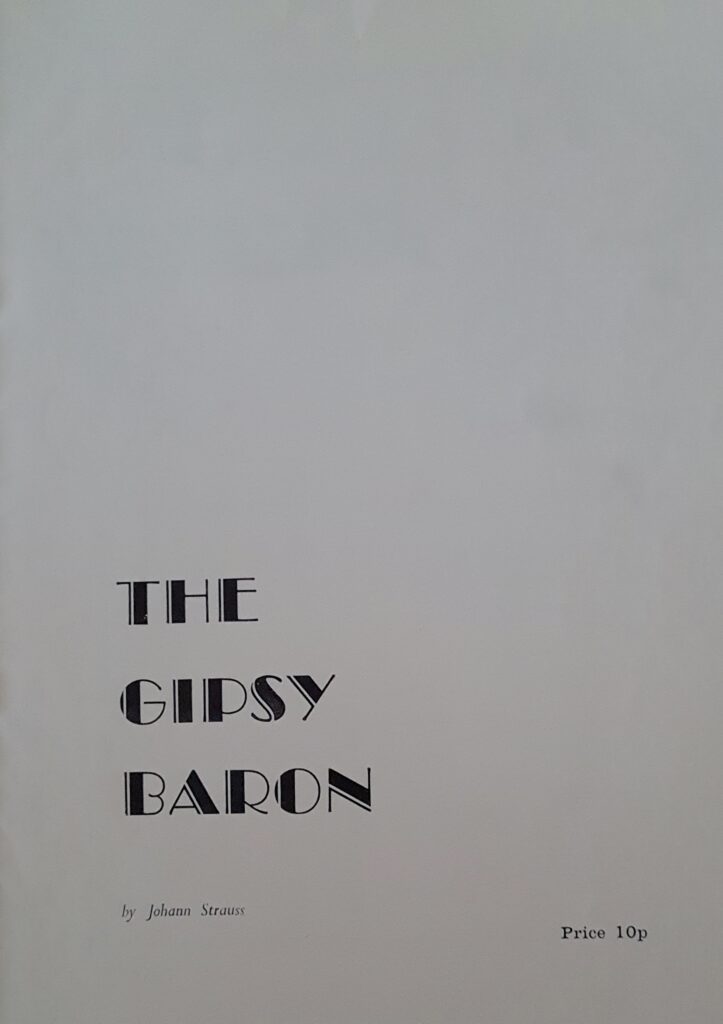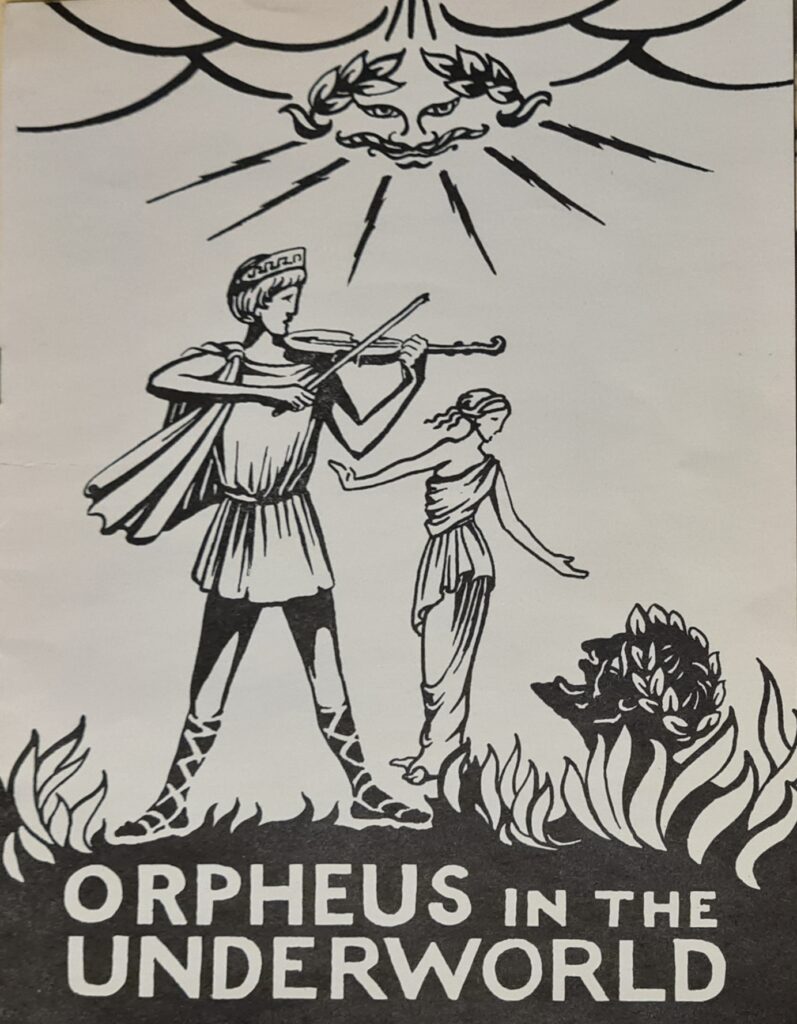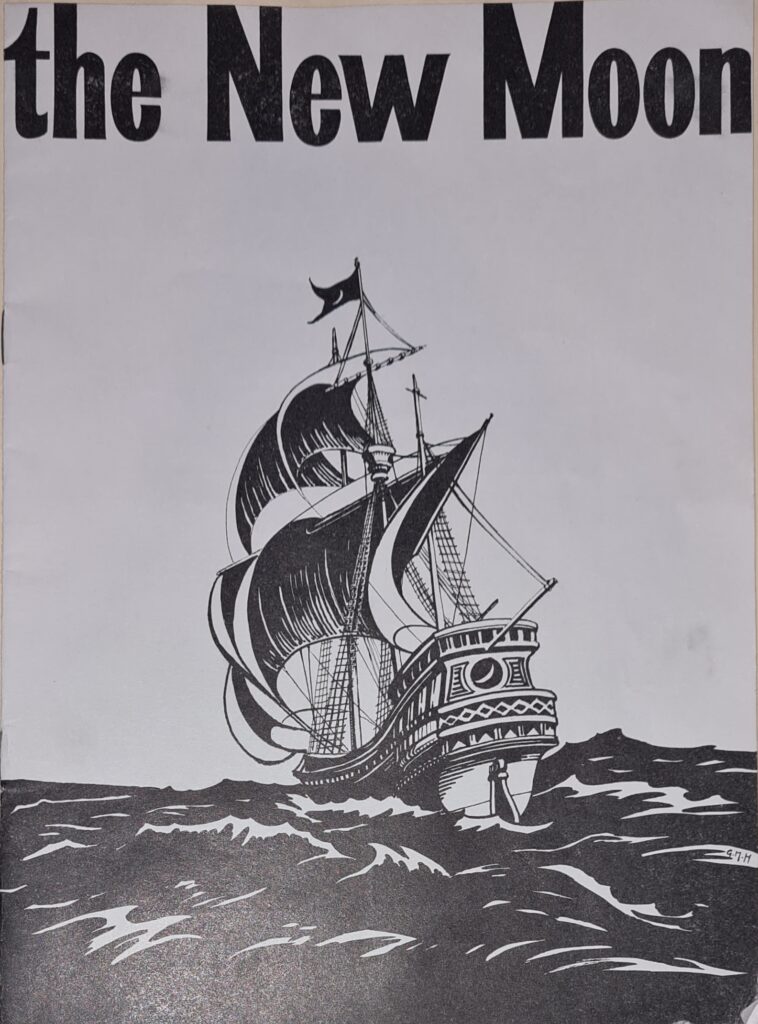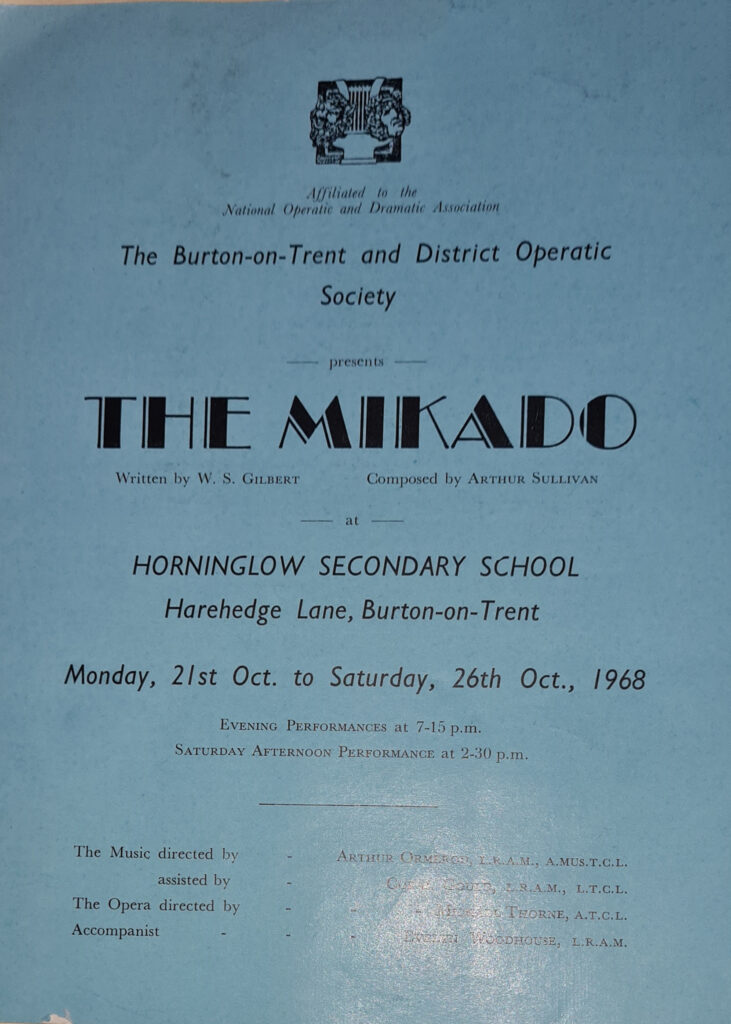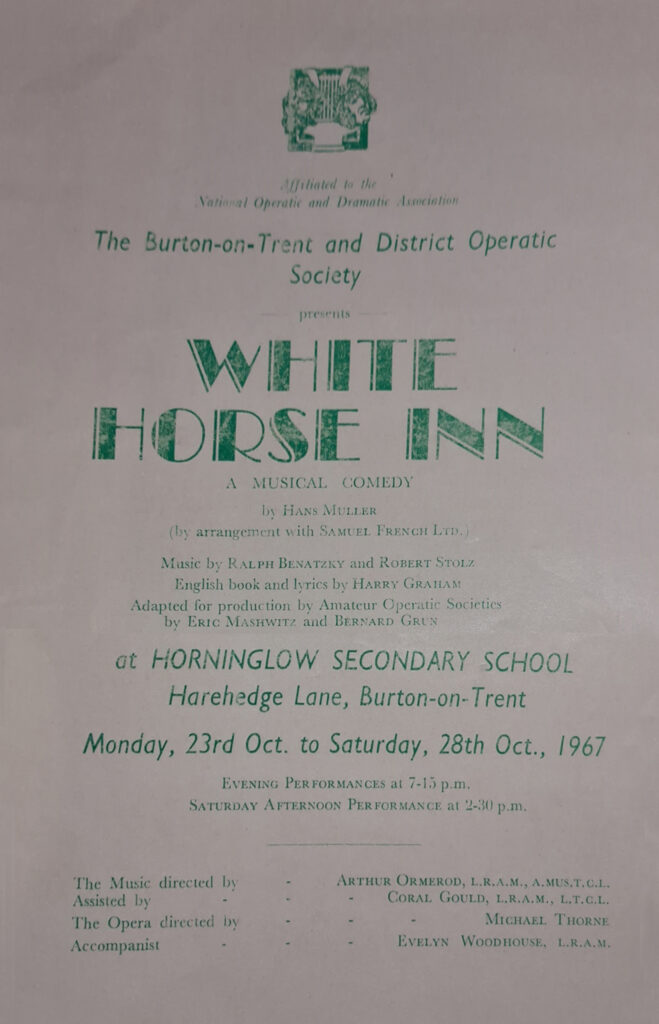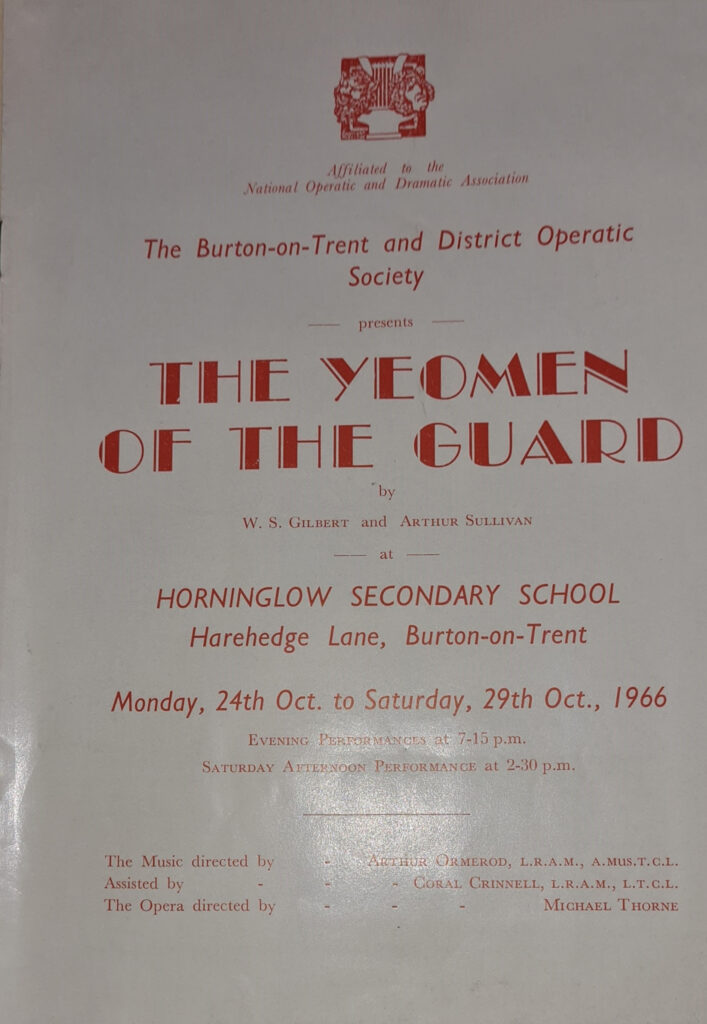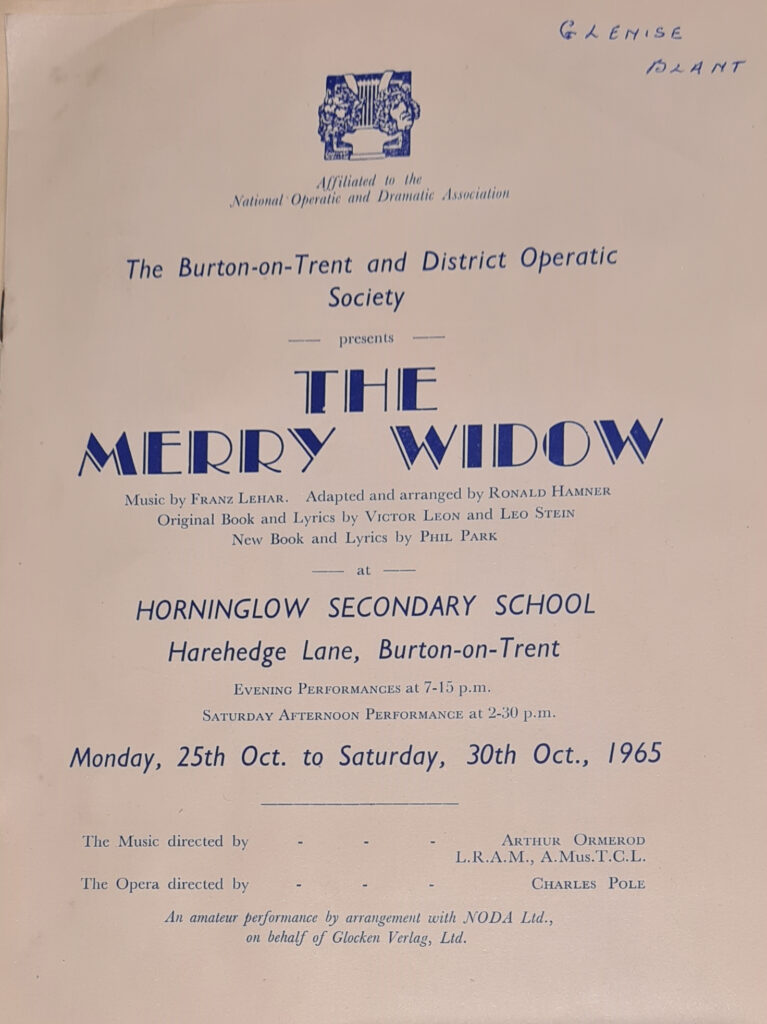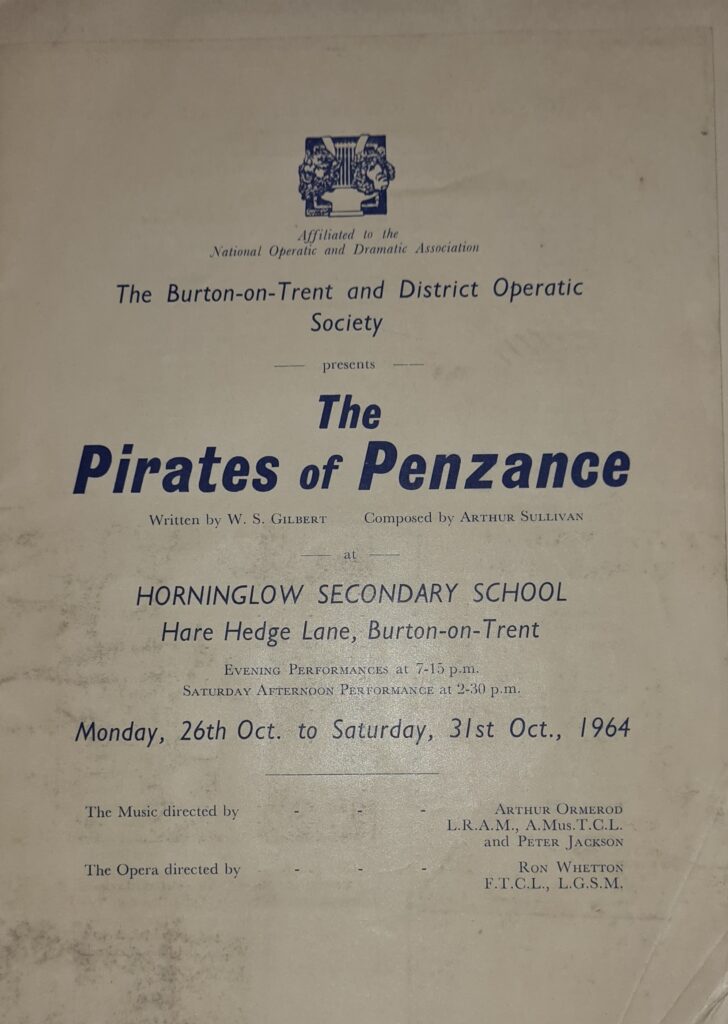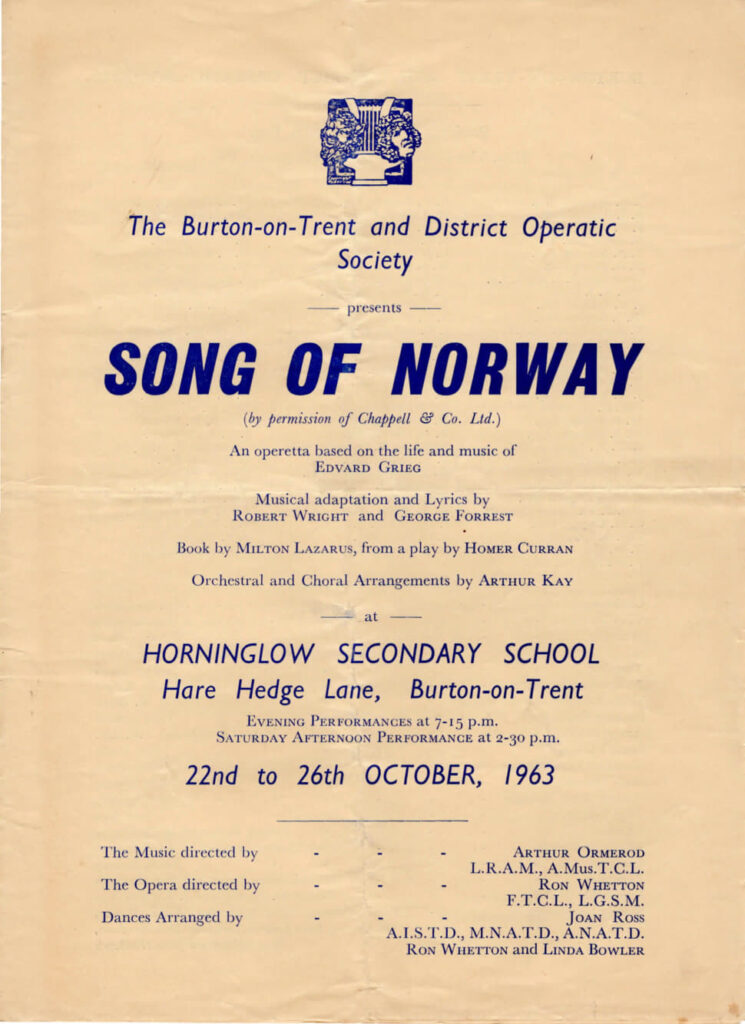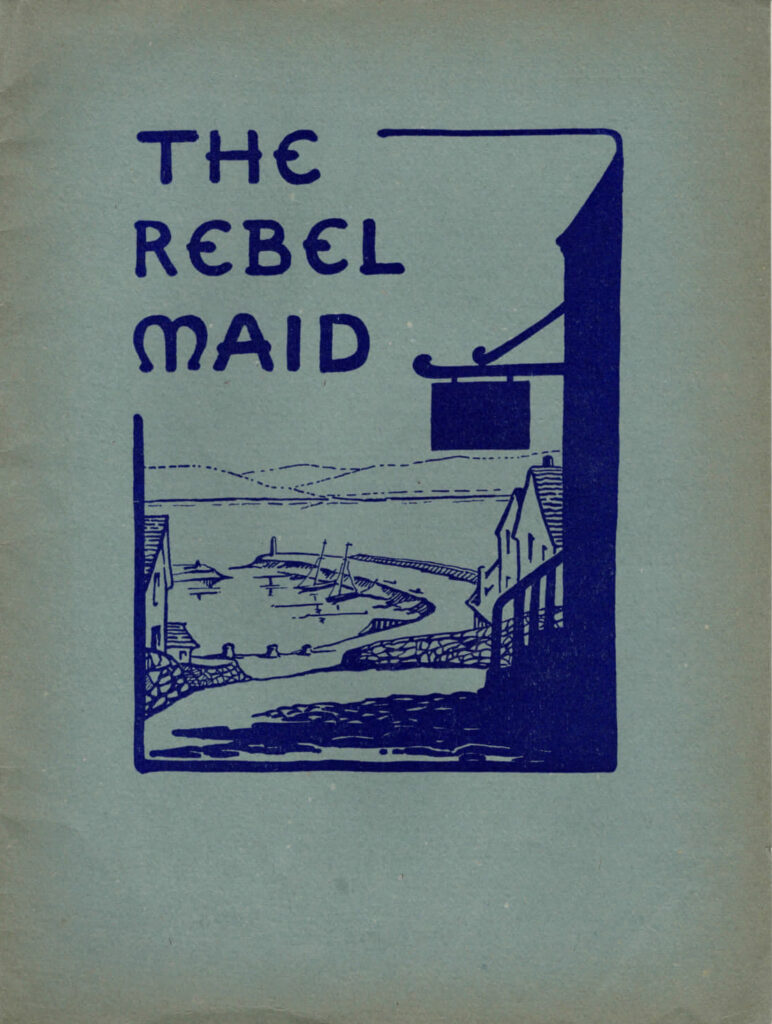Music by Sigmund Romberg and book and lyrics by Oscar Hammerstein II, Frank Mandel, and Laurence Schwab.
Robert is a young French aristocrat whose revolutionist inclinations force him to flee his country. Under an assumed name, he sells himself as a bond-servant to planter and ship-owner Monsieur Beaunoir and his family in New Orleans in 1792. Because the Paris police are looking everywhere for him, Robert cannot tell Beaunoir or Beaunoir’s beautiful daughter Marianne, with whom he has fallen in love, that he is of noble blood. Eventually he is tracked down by Vicomte Ribaud, the detective villain, and put aboard a ship, the New Moon, so that he can be returned to France. Robert thinks he has been betrayed by Marianne, who has gained her father’s consent to travel on the same ship, pretending that she is in love with the ship’s captain, Duval. A mutiny occurs, and Robert and the bond-servants come into power. Everyone goes ashore on the Isle of Pines, and a new republic is founded.
The republic flourishes under Robert’s guidance, but Marianne, her pride hurt, at first refuses to marry Robert. French ships arrive, apparently to reclaim the island. Vicomte Ribaud expects them to conquer the island for the King of France. But the French Commander reveals that there has been a revolution in France, and that all aristocrats must die unless they renounce their titles. Ribaud, a Royalist, heads for execution, but republican Robert renounces his title. All ends happily for him and Marianne.
Directed by Roy Johnson

